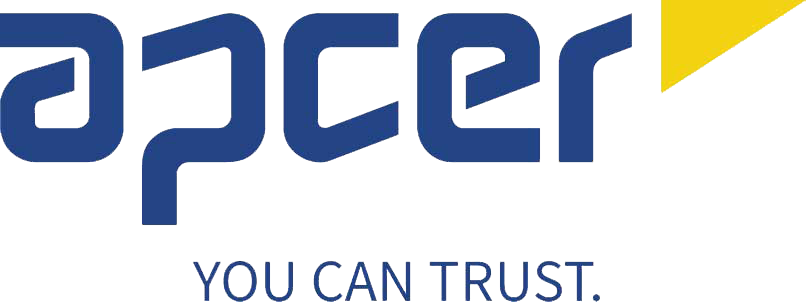Artificial Intelligence (AI) has been a transformative force in several industries, from healthcare and finance to manufacturing and transportation, driving significant advances. However, it has raised crucial questions about ethics, privacy and security.
The history of AI goes back decades, but its exponential growth has been most notable in recent years. From machine learning systems to deep neural networks, technological advances have enabled AI to perform complex tasks such as pattern recognition, decision-making and even content creation.
However, this progress does not come without challenges. One of the main ones is ethics in the development and use of AI, raising fundamental questions about ethics and people's rights. Indiscriminate use of data, algorithmic bias and automated decision-making can impact privacy, fairness and transparency. Ensuring that AI is developed and used ethically is crucial to its future.
Faced with these challenges, the European Commission has taken a proactive stance in regulating AI, having presented a proposal for an EU Artificial Intelligence Regulation in 2021, aimed at establishing clear and ethical standards for the use of AI in various sectors. On December 9, the Council and European Parliament reached a provisional agreement on the world's first Artificial Intelligence rules. The Artificial Intelligence Regulation, to be developed, will aim to ensure that AI systems placed and used on the European market are safe and respect the fundamental rights and values of the Union. This legislation thus seeks to protect citizens' fundamental rights and promote responsible innovation and aims to regulate AI based on its capacity to cause harm to society, following a risk-based approach: the greater the risk, the stricter the rules.
Recently, on December 18, the ISO 42001 standard - Artificial Intelligence Management System - was published, a significant milestone in the AI landscape. This standard aims to help companies and organizations define a robust artificial intelligence governance framework for the safe and reliable development and implementation of AI. ISO 42001 promotes accountability, transparency and compliance with ethical and legal standards, and offers a number of significant advantages for organizations wishing to implement a responsible artificial intelligence management system:
1. International recognition, providing a set of common guidelines that can be applied globally.
2. Risk management: Offers a structured framework for identifying, assessing and managing the risks associated with the use of artificial intelligence, allowing organizations to take proactive measures to mitigate potential negative impacts.
3. Ethical and Legal Compliance: Helps companies ensure compliance with ethical, legal and regulatory standards related to AI, promoting transparency and accountability in the development and use of this technology.
4. Improving Quality and Efficiency: By implementing standardized AI management practices, organizations can improve the quality of the products and services offered, and increase operational efficiency.
5. Trust and Credibility: Compliance with ISO 42001 can increase the trust of customers, partners and stakeholders, demonstrating a commitment to the ethical and responsible use of artificial intelligence.
6. Responsible Innovation: Stimulates responsible innovation by encouraging the development of AI solutions that respect ethical principles and consider social impact, contributing to a more sustainable AI ecosystem.
7. Data Management: The standard addresses aspects related to the management of data used in AI systems, promoting security, privacy and transparency in the treatment of this information.
8. Competitiveness and Market Access: Compliance with ISO 42001 can open doors to new markets, as many partners and customers value adherence to international standards of quality and ethics.
Implementation and certification according to ISO 42001 can be a significant differentiator for organizations seeking to establish sound and responsible practices in the development and use of artificial intelligence, providing tangible and intangible benefits in various operational and reputational aspects.
Certification according to ISO 42001 provides organizations with a roadmap for the responsible and effective development and management of AI systems. Organizations can improve the quality, safety and reliability of their AI applications, reduce development costs and ensure regulatory compliance.
The evolution of AI is an exciting journey, but one fraught with ethical and regulatory challenges. The European Commission, through proposed legislation, is outlining a path towards a more ethical and safer use of AI. The ISO 42001 standard, meanwhile, provides a structured framework for organizations to implement responsible and compliant AI management systems.
The future of AI depends on collaboration between governments, industries and civil society to ensure that technological advances are accompanied by robust ethical standards, protecting people's interests and promoting responsible innovation.















